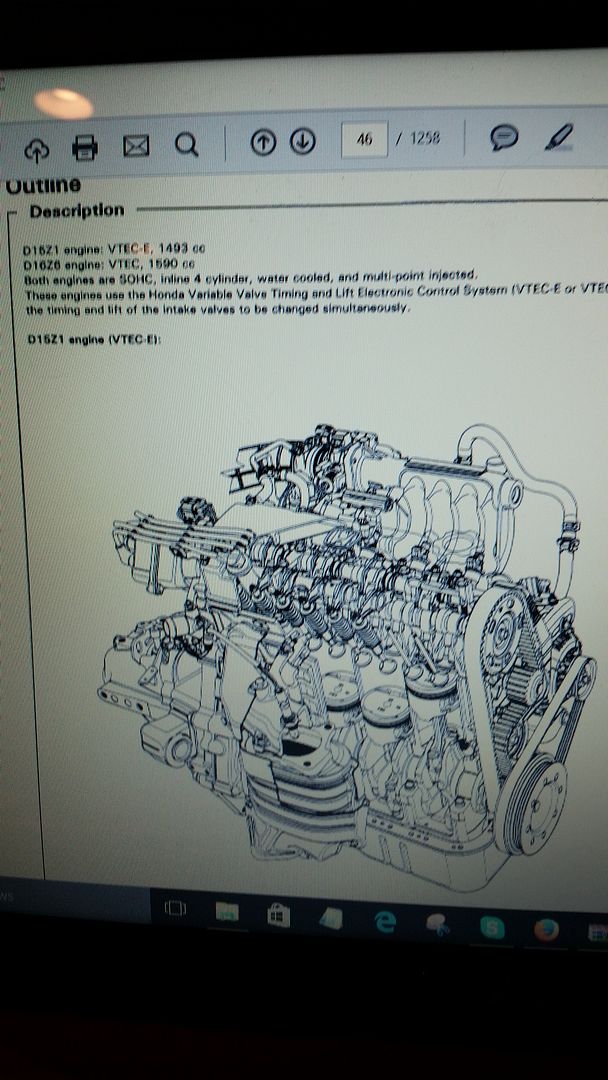Clean the bolt threads with a wire wheel, or with a die. Clean the block threads with a die, or the home-made thread chaser that Trav described.
Thread the bolts into the block and see how smoothly they turn. Again, bolts must be clean, parts must be clean, or this won't seal.
The torque on your head bolts is an approximation for the proper amount of bolt stretch. The stretch on the bolts is what provides the clamping pressure to keep everything sealed up right, even over the differential expansion of aluminum (head and block) and steel (bolts and liners) with respect to temperature. The shop manual will give you the torque specification and will tell you if any special conditions are required (dry, lightly lubricated, etc...). Often, bolts are torqued to an initial value, then angle-torqued for the final step (e.g. Tighten first to 25NM, then to 50NM, then an additional 90 degrees).
If the torque is spent overcoming resistance from gummed up threads, then there will be insufficient bolt stretch and insufficient clamping force. You MUST clean everything completely.
Only then can you evaluate the condition of the block threads, and only then can you torque things properly.
If the threads in the block are damaged, you'll have to install a time-sert. This requires precise drilling and precise installation of the insert itself. Time-serts are expensive, but cheap when compared with new engine blocks. Get help if this is the case after everything is cleaned up. I would not advocate learning how to drill and install a time-sert on this car. Make a mistake, misalign it, even a bit, and your block is done. Time for a new engine.
The bolts themselves have a specification for overall length (or width) - if they've been tightened too many times, they will have stretched beyond that limit and lose the elasticity they need to work properly. In that case, they'll need replacement. You MUST check the specification.
Thread the bolts into the block and see how smoothly they turn. Again, bolts must be clean, parts must be clean, or this won't seal.
The torque on your head bolts is an approximation for the proper amount of bolt stretch. The stretch on the bolts is what provides the clamping pressure to keep everything sealed up right, even over the differential expansion of aluminum (head and block) and steel (bolts and liners) with respect to temperature. The shop manual will give you the torque specification and will tell you if any special conditions are required (dry, lightly lubricated, etc...). Often, bolts are torqued to an initial value, then angle-torqued for the final step (e.g. Tighten first to 25NM, then to 50NM, then an additional 90 degrees).
If the torque is spent overcoming resistance from gummed up threads, then there will be insufficient bolt stretch and insufficient clamping force. You MUST clean everything completely.
Only then can you evaluate the condition of the block threads, and only then can you torque things properly.
If the threads in the block are damaged, you'll have to install a time-sert. This requires precise drilling and precise installation of the insert itself. Time-serts are expensive, but cheap when compared with new engine blocks. Get help if this is the case after everything is cleaned up. I would not advocate learning how to drill and install a time-sert on this car. Make a mistake, misalign it, even a bit, and your block is done. Time for a new engine.
The bolts themselves have a specification for overall length (or width) - if they've been tightened too many times, they will have stretched beyond that limit and lose the elasticity they need to work properly. In that case, they'll need replacement. You MUST check the specification.
Last edited:


